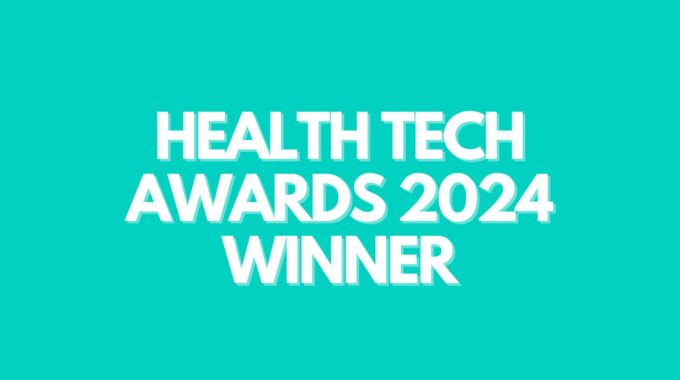A wave of NHS trusts is set to transform care at scale, fueled by Nervecentre’s…
New, pioneering IT solution could be a life saver at Nottingham’s Hospitals
NEW, PIONEERING IT SOLUTION COULD BE A LIFE SAVER AT NOTTINGHAM’S HOSPITALS
Nervecentre workforce management software eradicates delays in
‘Hospital @ Night’ emergency care system
Nottingham University Hospitals NHS Trust (NUH) is reporting major benefits from a new innovative IT solution which has significantly improved patient safety, transformed workforce planning and productivity and increased clinical governance.
Before the introduction of the new workforce management system, the bleep system in use was inherently flawed, so message delivery could not be guaranteed. On occasions, this could mean up to half an hour could pass between a nurse requesting help for a patient and the message reaching a doctor able to respond.
Nervecentre was introduced in September 2010 to increase the efficiency and effectiveness of the Hospital at Night (H@N) system across the Trust’s Nottingham City Hospital and Queen’s Medical Centre (QMC) sites, where they employ over 13,000 staff and manage 1,700 beds.
Debbie Guy, Lead Nurse for H@N, said: “Nervecentre has brought a complete change of culture and is very popular with the H@N coordinators as well as the ward staff and doctors.
“The system enables the ward staff to simply type in their request on their ward computer using national guideline tool SBAR which is instantly presented to the H@N coordinator’s screen, outlining exactly the condition of the patient and what is needed. The coordinator can now see in real time which doctors are on duty, where they are, their skill set and how much work they each have to do. Nervecentre enables them to allocate the most suitable and available person to each task. In the past, they might have called a doctor who was already snowed under, whilst others with the right skills were available and free to help.”
“The new system has also saved hours of admin time. Previously the H@N coordinators, who are highly skilled clinical staff, were desk bound and had to deal with more than 1,000 calls, per site, per week. Often they could have up to 10 bleeps waiting, with no visibility of priority. So if one of the bleeps related to a patient whose condition was critical, the implications could potentially be life threatening. Now armed with all the information they need, they can instantly prioritise and process all the messages using a portable tablet computer, enabling them to spend far more time back on the ward helping patients or supporting junior members of staff.”
The project to improve hospital communications has been identified as a high priority at the Nottingham Trust and has the executive sponsorship of the senior management as part of the ‘Better for You’ Whole Hospital Change Programme.
Matt Howden, Head of Service Design in ICT Services, said: “There was a need to reduce delays caused by the old bleep-based process because they were causing risk to patients.Nervecentre has closed the loop, making a huge contribution to patient safety. It has also significantly improved governance giving us an accurate record of all staff productivity.
“Nervecentre is a critical part of our IT strategy going forward. There are excellent opportunities to use Nervecentre to improve a number of other services across the hospital. The Hospital at Night project was an ideal first project for Nervecentre at NUH because of the out of hours staffing constraints. As we roll out Nervecentre to support day-time activities and other disciplines in the hospital, I think we will see transformational benefits across many aspects of the hospital.”
Nervecentre Software Ltd was setup in 2010 to address the delays that occur when staff need to communicate with other areas of the hospital, and to provide real-time information on staff productivity to help hospitals strive for greater efficiency. Nervecentre’s unique products assist in the allocation of activities to appropriately skilled specialists by eliminating the communications barriers between staff and delivering real time visibility of activities. In turn it improves staff productivity and patient safety.
Managing Director, Paul Volkaerts explains: “Nervecentre leverages existing IT infrastructure to provide staff within Nottingham with an accurate and real-time understanding of what skills are available in the hospital, where they are, and how busy they are. It is easy to see how this information can make a significant impact to patient safety and staff productivity.
“Nottingham came to us because they wanted to improve patient safety. We have helped them to achieve that. Nervecentre has been used to release valuable clinical time back to patient care – it is currently being used to manage more than 300 activities a night and has managed more than 33,000 activities since it was deployed last year. We are now looking to the future and are in the process of rolling this out to other parts of the Trust.”




This Post Has 0 Comments